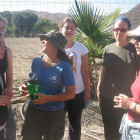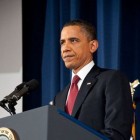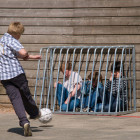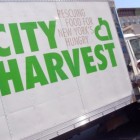
Last month, the Pennsylvania Supreme Court decided that a Pike County Jewish summer camp was no longer eligible for tax-exempt status in a ruling that could affect non-profit organizations throughout the state. In a narrow 4-3 decision, the state's Supreme Court ruled the summer camp, operated by Mesivtah Eitz Chaim of Bobov, Inc., did not meet the HUP Test, a series of qualifications, established in the court's previous ruling in Hospital Utilization Project v. Commonwealth 1985, used to determine if an organization is a “purely public charity.” Only organizations meeting the standard are given tax-exempt status by the state. The state's Supreme Court ruled the summer camp did not meet one part of the HUP Test, “relieving the government of some of its burden.”
The camp’s organizers, however, argued Act 55, a 1997 state law that includes a broader definition of a public charity, took precedence over the earlier HUP Test. But the Court dismissed this, ruling the state’s General Assembly could not interpret the Constitution and redefine the meaning of a “purely public charity.”
Stuart L. Knade, chief counsel for the Pennsylvania School Boards Association, told the Pittsburgh Post-Gazette he supported the court’s decision. “People who are students of this area of the law are going to continue to enforce a higher bar to tax exemption,” he said.









